As in any country, in the Russian Federation, leadership is exercised through public authorities and administration. Today, state authorities mean a channel through which the masses exercise their power, which is provided for in the third article of the Russian Constitution. Along with this, there is local government, which is not included in the system of state power.
Specific features inherent in state authorities
Each government body has certain power and state powers, which are expressed in their competence.
The term "competency" is understood as a combination of objects of knowledge and authority.
Any competence of a state authority is determined by the Constitution of Russia, the charter of a constituent entity of the Federation, laws of the Russian Federation and its constituent entities, decrees of the head of state, cabinet decisions and executive bodies of a constituent entity of the federation, regulations on this body and other regulatory legal acts.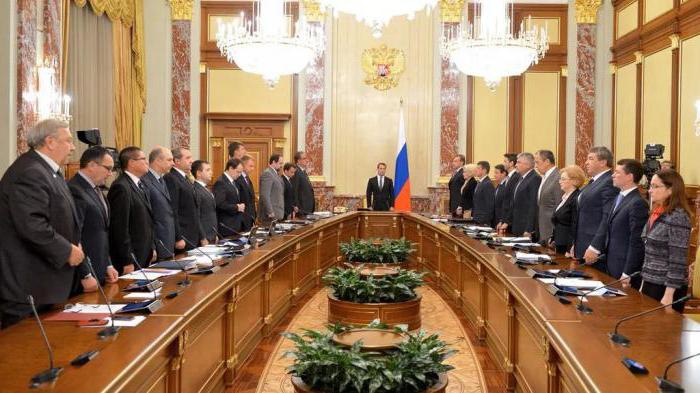
The state shall establish the procedure for the formation of each state body. For example, the Russian Constitution and relevant federal laws regulate the conduct of elections to the State Duma.
The state authorizes each state body to perform certain tasks and functions. For example, as stated in the 80th article of the Constitution of the Russian Federation, the Russian president is obliged to guarantee the rights and freedoms of citizens, as well as state sovereignty, while the Government of the Russian Federation is ordered, according to the hundredth tenth article of the Constitution, to exercise executive power.
The state establishes the functioning of each state body. For example, the Russian government acts in accordance with federal constitutional law.
It is characteristic of each state body that it is structurally included in a single system of state power bodies, making up its part.
Unity of Government
The Russian Constitution determines that a single system of government bodies consists of state authorities and government of the country, as well as all its constituent entities. The manifestation of such a unity of the system of state power finds its implementation in the system for the delimitation of powers and objects of jurisdiction between central federal authorities and authorities of federal entities.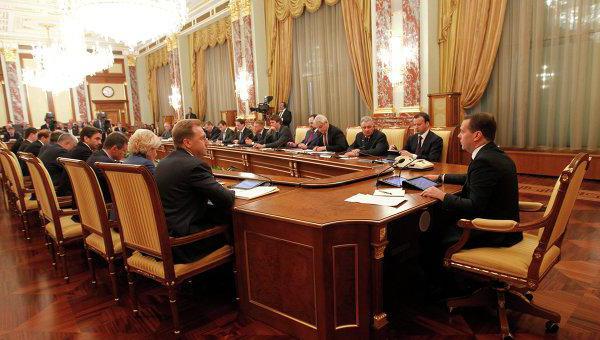
All government bodies have close organizational and legal ties.
The concept of government
One of the varieties of government bodies is government bodies that have all the basic features inherent in government bodies.
The government agency has its own distinctive features.
A state body is an organized team, which is an independent part of the state apparatus, which has its own competence and has public functions.
The main distinguishing feature for a government agency will be that this concept refers to an organization, a collective, a managed group of people.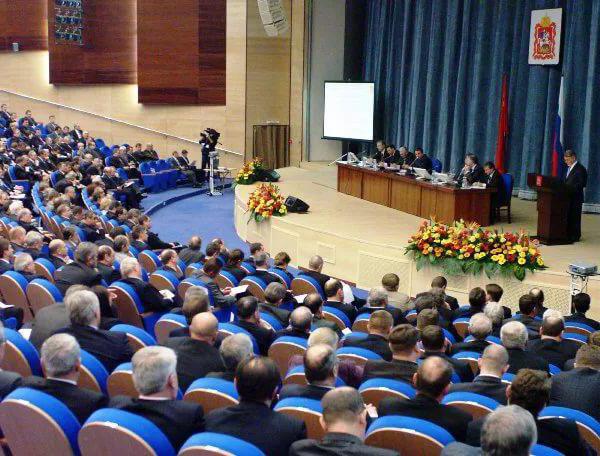
The next feature of a state body will include the fact that a state body is a political structure, that is, it is endowed with state power, which gives the right to act on a state behalf to perform its functions.
Accordingly, this implies the endowment of a state body with specific powers having an imperious state nature.
The possession of state power is the main legal sign of any government agency.
What are such powers?
State power lies in the right of a state body to carry out the publication on behalf of the state of relevant legal acts that are binding.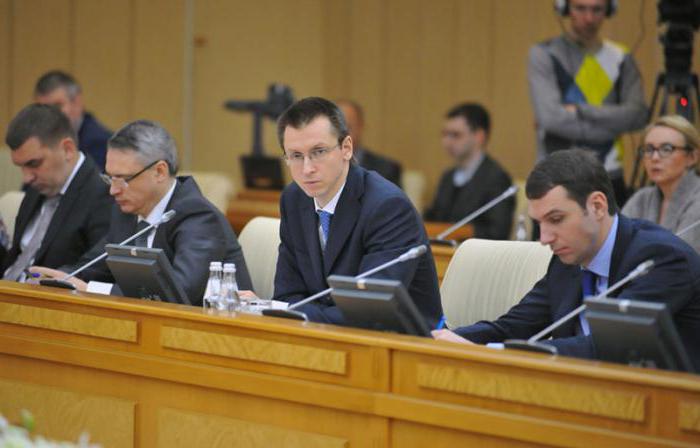
Other government agencies, officials, legal entities and individuals, and in some situations, public structures may be the addressees of issued acts of state bodies.
Authority Features
One of the specific features of state authority is that they have the opportunity to go beyond the framework of a particular government agency, and their distribution will concern that area or industry of socio-cultural, economic or administrative-political activity with which the work of a particular body is connected.
Often, an act of a government agency can extend not only to the category of subordinate officials working in a field that is subordinate to a particular government agency, but also to other citizens.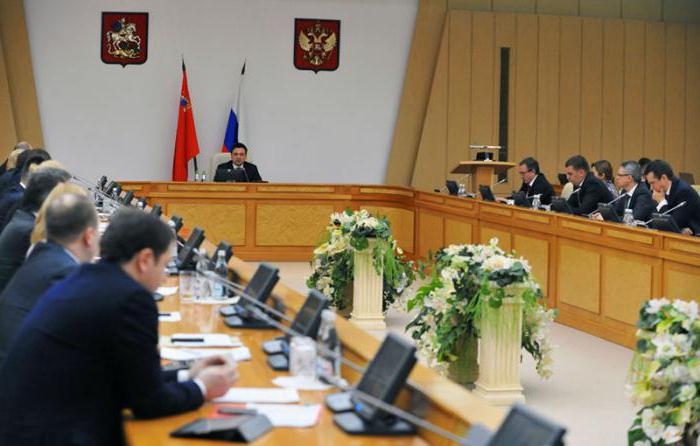
This external factor cannot be assigned the status of universality, however, it immediately makes it clear the essence of the authority of a state agency.
In what areas are the authority of a government agency
The scope of authority of state bodies is determined by the specific place occupied by state authorities and governing bodies in the system of the state apparatus, plus the nature of the tasks performed by a particular authority.
Bodies of state power and administration have the right to implement the issued legal acts through the implementation on behalf of the state of relevant measures to convince, educate and promote.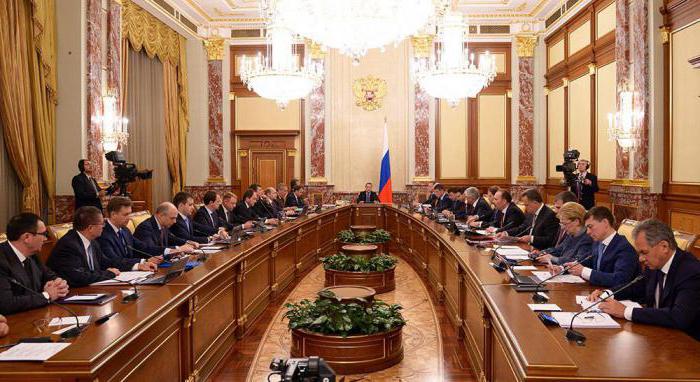
State power is characterized by the right to organize, on behalf of the state, the appropriate monitoring (supervision) of the correct implementation of the requirements of the issued legal act.
This is understandable, since the power of authority is manifested not only in the establishment of a certain obligation, but also in the need to ensure its specific execution and strict observance by representatives of state and public structures, legal entities and individuals.
In certain cases, for strict implementation of the published legal regulations, government bodies may use the coercive measures permitted by them.
All of these actions of state bodies are subject to mandatory execution, as they are backed up by the strength and authority of the state.
The specifics of the government
Federal government bodies, like any other government bodies, must act within their competence. The body should have an appropriate organizational structure, territorial scale of activity. Public administration bodies have their own specific characteristics arising from the uniqueness of the tasks performed by executive authorities, and the characteristics of their government activities.
First of all, the abovementioned bodies carry out government-specific activities, specific to the methodology and content, - state administration.
All activities of government bodies, carried out within the framework of the provided state power, solve problems related to general, daily, operational management at facilities related to economic, socio-cultural, administrative and political construction.
In their work, government bodies are primarily guided by the law, using legal means of a rule-making and jurisdictional nature.
In general, the organization of a government body provides for the creation of a structure that is part of the state apparatus, which is designed to carry out direct daily management of administrative, political, economic and sociocultural facilities in the administrative and administrative activities on behalf of the state and in the amount of authority granted by the state.
Executive branch
To understand why executive bodies of government are needed, it is worthwhile to understand how government and executive power are related.
The separation of powers into legislative, executive and judicial is proclaimed as the most important principle of the functioning of the Russian Federation as a rule of law in the Declaration of State Sovereignty of our country back in 1990.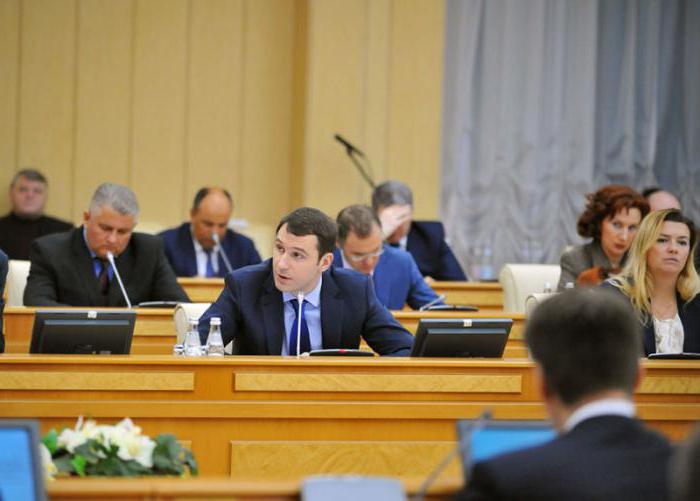
The concept of executive power by the legislator is enshrined in the Russian Constitution.
Executive power can be attributed to the political and legal category, while public administration - to organizational and legal.
What is meant by the term "executive branch"
Executive power is understood as public administration, which is carried out by executive authorities.
Its implementation takes place out of court. In its competence are the most important attributes of state power, this applies to finance, the most important communications, the police, the army, security structures, correctional institutions and the like.
About local government
To date, in the Russian Federation, local government bodies still cannot fully resolve the tasks assigned to them, since their activities are subject to improvement.
The formation of local representative bodies takes place through elections, however, they relate to government bodies.
Local executive bodies do not have organizational ties with local representative bodies, although both of these branches are government bodies.
In solving problems of a local nature, the local government has organizational and functional independence.
State and municipal authorities
There are various forms of management. Everyone knows the state and municipal.
The following types of relationships between these authorities are noted.
The first type of relationship associated with the assignment of duties to the state authority of a constituent entity of the Russian Federation concerns issues that are exclusively under federal jurisdiction. At the same time, federal bodies of state power carry out administrative management of regional executive structures.
The second type of relationship involves joint management. In this case, the federal government bodies make managerial decisions after compulsory clarification of the opinion of the regional government body, although the right to a final decision is always with the federal structure. Thus, the Federation has the decisive vote, and the region as the deliberative one.
The third type of relationship provides for equal rights in matters of joint management, when the federation and the entities have the same rights. In addition to the contractual order, relations can be established on an equal footing when the so-called double key mode occurs. For example, the Constitution of the Russian Federation provides for such interaction. In the text, it reads as follows: "Change in the status of a subject of the Russian Federation is allowed in case of mutual agreement of the Federation and the subject."
The fourth type of relationship concerns issues enshrined in the jurisdiction of the subject of the federation, when the state authority of the subject of the federation has a casting vote, and the federation has only a deliberative one.